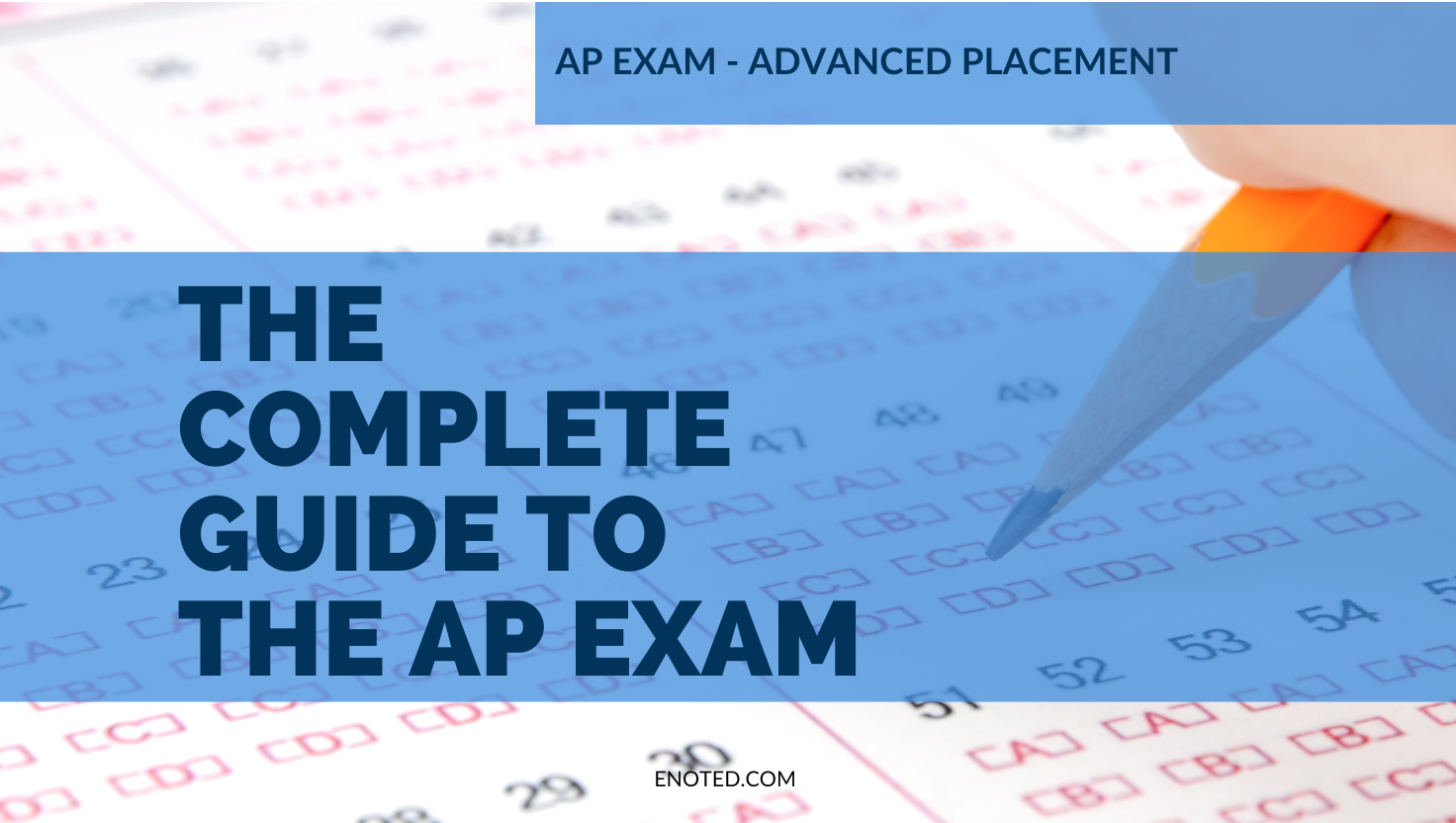Introduction: Advanced Placement (AP) Exams are tests created by the College Board to measure how well high school students understand college-level material. Doing well on these exams can earn you college credit or allow you to skip introductory college courses. AP Exams cover a variety of subjects, including Biology, U.S. History, and Art. They’re a great way to save money and time in college while proving your academic skills.
What Are AP Exams? AP Exams test the knowledge you gain in AP courses, which are challenging high school classes designed to be as rigorous as college courses. Each exam is scored on a scale from 1 to 5. A score of 3 or higher is considered passing by most colleges. The exams have two main sections: multiple-choice questions and free-response questions.
Who Can Take AP Exams? AP Exams are mainly for high school juniors and seniors, but younger students can take them if they feel ready. You don’t need to take an AP class to sign up for the test, but taking the class can help you prepare better.
Key Facts About AP Exams
How to Register
To register for AP Exams, follow these detailed steps:
- Join Your AP Class Section:
- Sign in to your College Board account.
- Use the join code provided by your AP teacher to join your class section in My AP.
- Indicate Exam Registration:
- After joining your class section, if your school requires, click the “Register” button in My AP to confirm your intent to take the exam.
- Pay Exam Fees:
- The standard AP Exam fee is $97 per exam.
- Fee reductions are available for eligible students.
- Check with your school’s AP coordinator for payment procedures and deadlines.
- Homeschooled or Independent Students:
- Contact a local AP coordinator to arrange your exam registration.
- Use the AP Course Ledger to find schools that administer AP Exams.
For comprehensive registration information, visit the College Board’s official guide.
College Board Website: https://apstudents.collegeboard.org/
Where Do You Take AP Exams?
You usually take AP Exams at your school if it offers AP classes. If your school doesn’t, you can contact the College Board to find a nearby testing center.
College Board Website: https://apstudents.collegeboard.org/
Exam Dates/Months
The 2025 AP Exams are scheduled over two weeks in May:
Week 2: May 12–16, 2025
Week 1: May 5–9, 2025
Result Dates/Months
- AP Exam scores are typically released in July following the exam administration. Students can access their scores through their College Board accounts.
How Often Can You Take Them?
AP Exams are offered once a year in May. If you’re not happy with your score, you can take the exam again the next year.
What’s a Passing Score?
AP Exam scores range from 1 to 5:
- 5: Outstanding performance
- 4: Very good performance
- 3: Passing (good enough for most colleges)
- 2: Below passing
- 1: No recommendation
Many colleges accept a score of 3 or higher, but some schools may require a 4 or 5 for certain credits.
Why Take AP Exams?
- Earn College Credit: Doing well can save you money on tuition and time in college.
- Boost Your College Applications: AP classes and exams show you’re ready for tough academic challenges.
- Skip Intro Classes: High scores can let you start college with advanced courses in your major.
- Learn Key Skills: AP courses teach time management, critical thinking, and problem-solving.
What’s the Exam Structure?
AP Exams last 2 to 3 hours and include:
- Multiple-Choice Questions: These test your ability to understand and apply concepts.
- Free-Response Questions: You’ll write essays, solve problems, or analyze scenarios, depending on the subject.
For example:
- AP Biology includes questions on data analysis and experiments.
- AP English Literature focuses on essay writing and literary analysis.
How to Prepare for AP Exams
Top Study Tips
- Start Early: Review your notes and textbooks a few months before the test.
- Practice the Format: Take practice tests to get comfortable with the types of questions.
- Use Study Resources: Online tools, prep books, and teacher recommendations can be very helpful.
- Work with Peers: Join or create a study group to share insights and stay motivated.
- Manage Your Time: Make a study schedule to ensure you cover all topics.
Best Places to Find Study Materials
- College Board Website: Free practice questions and exam outlines. https://apstudents.collegeboard.org/
- AP Prep Books: Popular ones include Princeton Review and Barron’s guides.
- Khan Academy: Free online lessons aligned with AP topics. https://www.khanacademy.org/
- Your School: Ask your teachers or counsellors for advice and materials.
Challenges to Consider
- Time Commitment: Balancing AP classes, homework, and other activities can be tough.
- Exam Fees: Each exam costs about $97, but fee reductions are available for eligible students.
- Stress: Stay organized and take breaks to manage stress during the school year.
How AP Exams Help with College Admissions
Taking AP Exams shows colleges you’re ready for advanced work. High scores can strengthen your application and even qualify you for scholarships.
Conclusion
AP Exams are an excellent way to prepare for college, save money, and stand out on your applications. With the right preparation and a strong study plan, you can succeed on these exams and set yourself up for future academic success.

